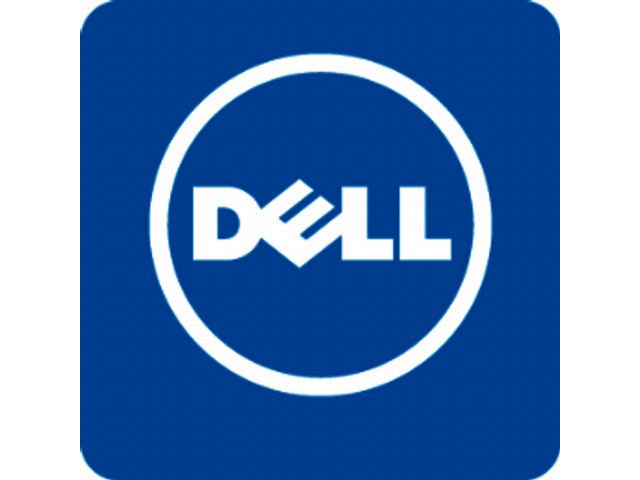‘The end is nigh’ is usually the kind of ominous phrase you see scrawled on the walls in a dystopian movie. And yet, this sentiment is not too far fetched, as apparently a significant portion of businesses feel that digital startups are a threat to their continuation. According to new research recently released by Dell Technologies, a whopping 78% of businesses believe digital start-ups will pose a threat to their organisation, either now or in the future.
Furthermore, almost half (45%) of global businesses surveyed fear they may become obsolete in the next three to five years due to competition from digital-born startups. The fear is not completely unfounded as the digital era is propelling innovative companies forward while simultaneously accelerating the demise of others.
One only need to look at Kodak, which was an icon in its day, as evidence of a company that was swamped by the rise of digital and its own failure to adapt in time. Or you could look at the IT industry’s own favourite example of disruption in action, Uber, for a good view of how innovative startups can throw well established industries into turmoil.
Change is imminent
No less significantly, the survey also looked at how companies are handling change, and the results are far from pretty. More than half (52%) of business leaders surveyed indicated they have experienced significant disruption in their industries over the past three years as a result of digital technologies and the Internet of Everything. Moreover, 48% of global businesses don’t know what their industry will look like in three years’ time.
The findings result from an independent survey by Vanson Bourne of 4 000 business leaders from mid-size to large enterprises, across 16 countries and 12 industries.
“So far the fourth industrial revolution has proved as ruthless as its predecessors. If companies can’t keep up, they will fall behind … or worse. The ‘delay until another day’ approach simply won’t work,” explains Jeremy Burton, chief marketing officer for Dell Technologies.
One would think then that organisations are rushing to get a handle on this digital revolution as a matter of urgency. Alas, you would be wrong. According to the survey progress has been patchy to say the least, as some companies have barely started their digital transformation, while others have opted for a piecemeal approach. As for those that have completed their digital transformation, these are in the minority.
Beware the tidal wave
The survey found that just one in three businesses surveyed are performing critical digital business attributes well, with the vast majority (73%) of businesses admitting that digital transformation could be more widespread throughout their organisation.
Already, it seems like the tidal wave of failing to prepare for the digital revolution is catching up with companies. According to the survey, six in ten companies (60%) are unable to meet customers’ top demands, such as better security and faster, 24/7 access to services and information. Nearly two-thirds (64%) confess to not acting on intelligence in real-time.
“These are imperatives for success in a digital age. Failing to deliver in such a highly contested marketplace could trigger the beginning of a digital crisis,” warned Burton.
The way forward
On the bright side, given the acute threat of disruption, businesses are starting to escalate a remedy and identify what they need to do in order to advance their digital transformation:
More particularly, 73% of those surveyed agreed they need to prioritise a centralised technology strategy for their business, while 66% are planning to invest in IT infrastructure and digital skills leadership. The most interesting one though, pertains to expanding software development capabilities, with 72% looking in this direction.
“In the near future, almost every business will have software development expertise at its core. Many of these companies will be brand new, others – having not written a line of code in 20 years – will have been on a momentous journey. New digital products and services will drive the transformation of IT infrastructure as businesses struggle to manage 1000x more users and 1000x more data” says Burton.
Furthermore the top planned IT investments over the next three years, in order of priority, include converged infrastructure, are ultra-high performance technologies such as flash storage, analytics, big data and data processing and finally, in fourth position, the Internet of Things technologies.
In essence, it seems like businesses know what they need to do, but just need to break past the inertia to do it. Given how fast technology moves, it certainly seems like the sooner they do so, the better, before those Armageddon-themed disaster movies serve as metaphors for how quickly ill-prepared businesses and industries can meet their demise.
This month's business articles sponsored by:



.gif)


